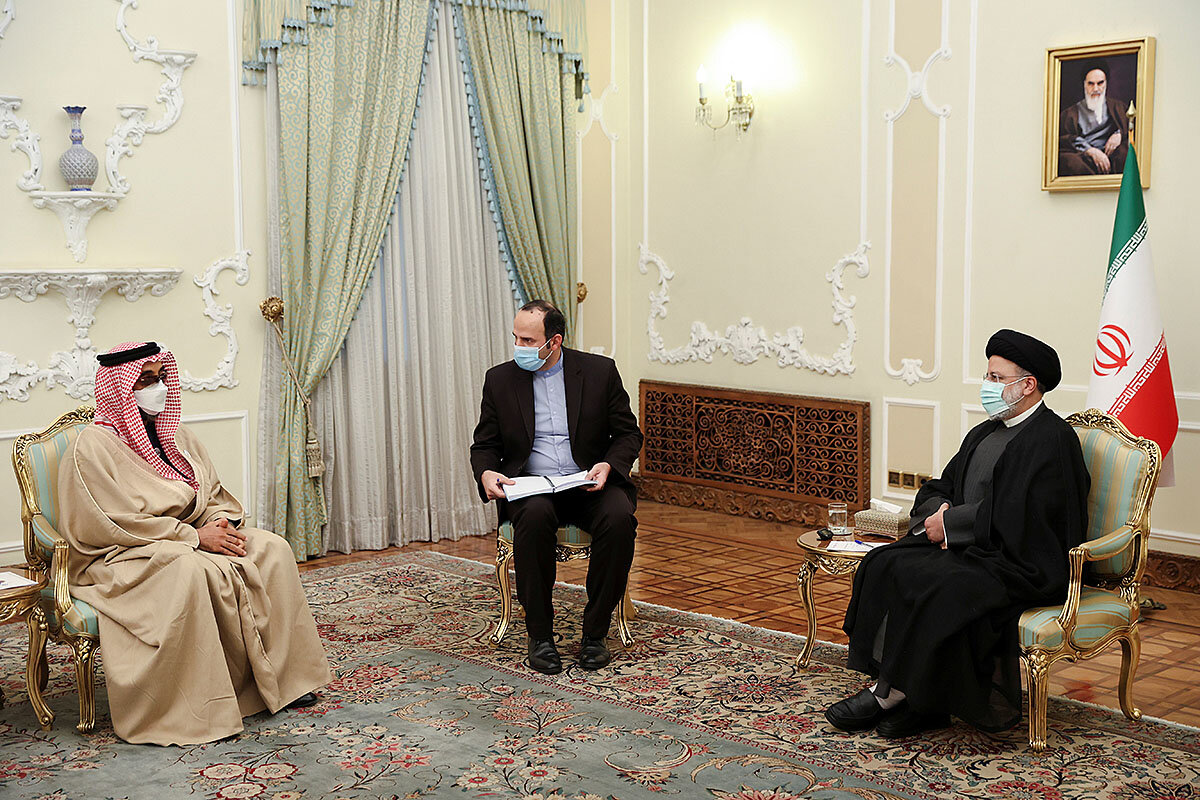Some governments are trying to stem the pandemic by shaming unvaccinated citizens into getting jabbed. There’s evidence that respectful dialogue might accomplish more.
Monitor Daily Podcast
- Follow us:
- Apple Podcasts
- Spotify
- RSS Feed
- Download
 Mark Sappenfield
Mark Sappenfield
The Minnesota Vikings just did something no team in the National Football League has ever done. They have asked to interview a woman to become their general manager.
Catherine Raîche is already the highest-ranking woman in America’s premier football league. She is the vice president of football operations for the Philadelphia Eagles. Before that, she was the director of football administration for the Toronto Argonauts of the Canadian Football League.
If chosen by the Vikings, Ms. Raîche would not be the first female general manager in NFL history. In the early 1980s, Eagles’ owner Leonard Tose chose his daughter, Susan Tose Spencer, to run the team for three years. She played a key role in rescuing the team from financial ruin.
But Ms. Raîche does represent a rising tide for female coaches and executives in America’s four major sports, as our Kendra Nordin Beato wrote in her “Breaking grass ceilings” cover story last year. Two years ago, Major League Baseball’s Miami Marlins hired Kim Ng as their general manager, paving the way for the NFL and others to follow.
In one of her most recent tweets, Ms. Raîche highlighted that “there are now 130+ women working in the ‘football side’ of NFL teams” from administration to personnel to analytics. The hashtag? #TheBestIsYetToCome










